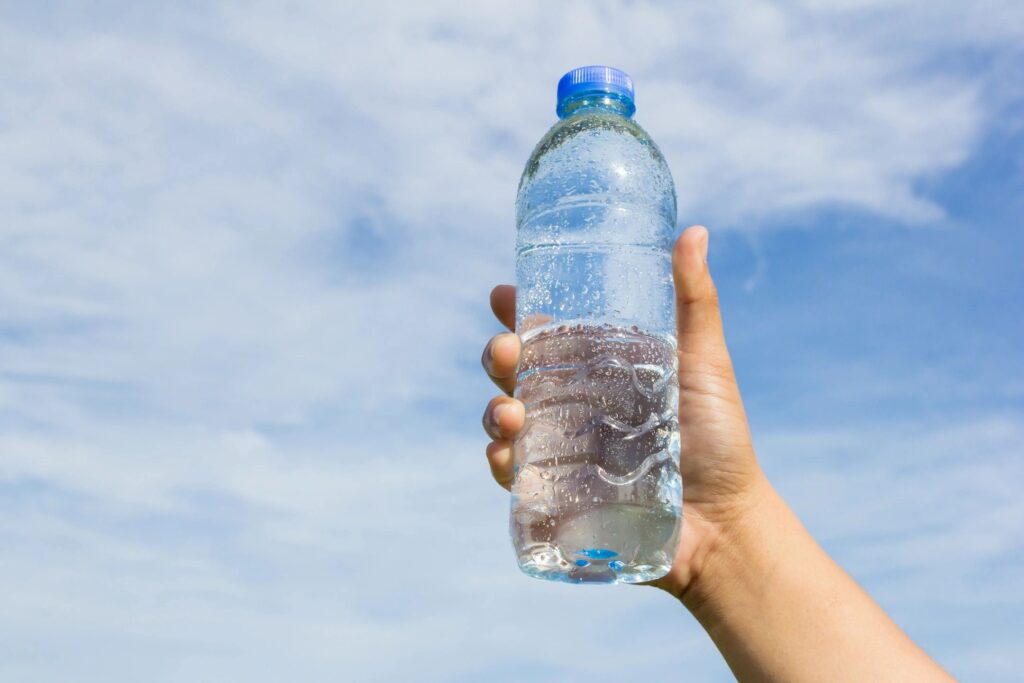Water, as we know, is essential for life. It does this by playing a crucial role in maintaining bodily functions, regulating temperature, and supporting overall health and well-being. Yet, many people underestimate the importance of staying hydrated and may not be drinking enough water to meet their body’s needs. In this article, we’ll explore the significance of hydration and answer the common question: How much water do you actually need?
The Role of Water in the Body
Before diving into the specifics of hydration, let’s first understand why water is so vital for our bodies:
- Regulation of Body Temperature: Water helps regulate body temperature through processes like sweating and evaporation, which cool the body when it’s overheated.
- Transportation of Nutrients: Water facilitates the transport of nutrients, oxygen, and waste products throughout the body, ensuring that cells receive essential nutrients and toxins are removed efficiently.
- Lubrication of Joints: Water acts as a lubricant for joints, cushioning them and reducing friction during movement, which is essential for maintaining joint health and mobility.
- Digestion and Absorption: Water plays a key role in digestion and absorption, helping break down food particles and aiding in the absorption of nutrients in the digestive tract.
- Maintenance of Electrolyte Balance: Water helps maintain the balance of electrolytes, such as sodium, potassium, and chloride, which are essential for proper muscle function, nerve signaling, and fluid balance.
How Much Water Do You Really Need?

The amount of water you need to stay hydrated can vary depending on factors such as age, gender, body size, activity level, and environmental conditions. However, a general guideline is to aim for the following:
- Adequate Intake (AI): The Institute of Medicine recommends an adequate intake of about 3.7 liters (125 ounces) of water per day for men and 2.7 liters (91 ounces) for women, including water from all beverages and foods.
- Individual Needs: Your individual water needs may be higher if you’re physically active, pregnant or breastfeeding, living in a hot climate, or experiencing illness or fever. In these cases, you generally need to increase your fluid intake to replenish lost fluids and maintain proper hydration.
- Thirst as a Guide: Thirst is your body’s way of signaling that you need to drink more water. Pay attention to your thirst cues and drink water regularly throughout the day to stay hydrated.
- Urine Color: Monitoring the color of your urine can also provide insights into your hydration status. Aim for pale yellow urine, which indicates adequate hydration, while dark yellow or amber urine may indicate dehydration.
Tips for Staying Hydrated
Here are some practical tips to help you stay hydrated and meet your body’s fluid needs:
- Drink Water Throughout the Day: Sip water regularly throughout the day, rather than only waiting until you’re thirsty. Keep a reusable water bottle with you to make this easier.
- Eat Water-Rich Foods: Incorporate water-rich foods like fruits and vegetables into your diet, which can contribute to your overall fluid intake. Examples include watermelon, cucumbers, oranges, strawberries, and celery.
- Monitor Your Intake: Keep track of your fluid intake by logging how much water you drink each day. This can help you ensure that you’re meeting your hydration goals and adjust your intake as needed. You can use MyFitnessPal to track your water among other apps.
- Consider Your Activity Level: If you’re physically active or sweating heavily, be sure to drink extra water to replace lost fluids. Drink water before, during, and after exercise to stay hydrated and support optimal performance.
- Limit Dehydrating Beverages: Limit your intake of dehydrating beverages like caffeinated or alcoholic drinks, which can increase fluid loss and contribute to dehydration. If you do consume these beverages, balance them with water to maintain hydration.
Frequently Asked Questions
How much water should you drink based on your weight?
You should aim to drink half of your body weight in ounces. For example a 180-lb person should aim to drink 90 ounces of water per day.
How much water is actually needed a day?
The amount of water you actually need per day varies on a variety of factors. At a minimum, aim to consume half of your body weight or the recommended adequate intake per day. The Institute of Medicine suggests the adequate intake of water for men is 125 ounces and for women 91 ounces.
-Coach Onelio
